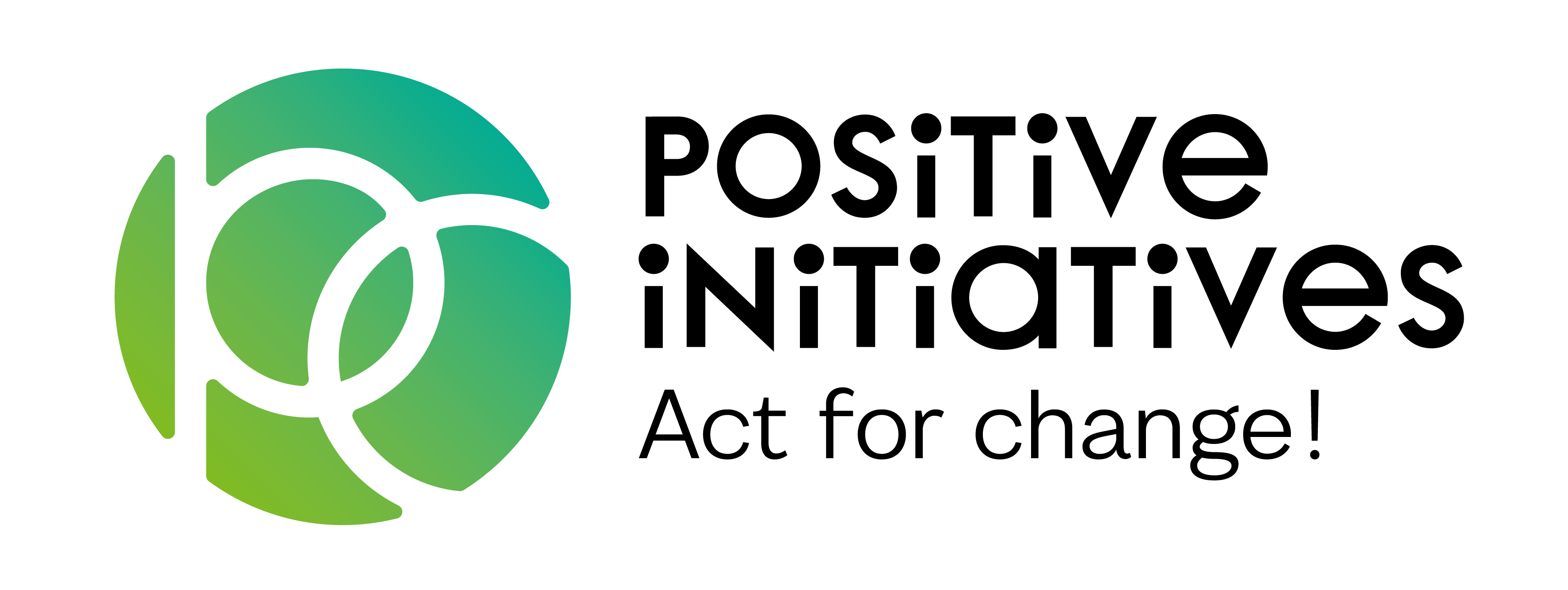Don’t Choose Extinction
Source: United Nations Development programme (UNDP)
United Nations Development Programme (UNDP) – Don’t Choose Extinction
Le monde dépense chaque année la somme stupéfiante de 423 milliards de dollars pour subventionner les combustibles fossiles destinés aux consommateurs – pétrole, électricité produite par la combustion d’autres combustibles fossiles, gaz et charbon. Selon une nouvelle étude du Programme des Nations unies pour le développement (PNUD), ce montant est quatre fois supérieur à celui qui est demandé pour aider les pays pauvres à lutter contre la crise climatique, l’un des points de friction de la conférence mondiale sur le climat COP26 qui se tiendra la semaine prochaine.
Le montant dépensé directement pour ces subventions pourrait payer les vaccins COVID-19 pour chaque personne dans le monde, ou payer trois fois le montant annuel nécessaire pour éradiquer l’extrême pauvreté dans le monde. Lorsque les coûts indirects, y compris les coûts pour l’environnement, sont pris en compte dans ces subventions, le chiffre atteint presque 6 000 milliards de dollars, selon les données publiées récemment par le Fonds monétaire international (FMI).
L’analyse du PNUD souligne au contraire que ces fonds, payés par les contribuables, finissent par creuser les inégalités et par entraver l’action contre le changement climatique.
Le principal responsable de l’urgence climatique est le secteur de l’énergie, qui est à l’origine de 73 % des émissions de gaz à effet de serre d’origine humaine. Les réformes des subventions aux combustibles fossiles contribueraient à réduire les émissions de CO2 et seraient bénéfiques pour la santé et le bien-être des populations. Elles constituent un premier pas vers une tarification correcte de l’énergie, qui reflète le coût “réel” et complet de l’utilisation des combustibles fossiles pour la société et l’environnement.
Mais l’analyse du PNUD montre que les réformes des subventions aux combustibles fossiles peuvent également être injustes et nuisibles pour les ménages et la société si elles sont mal conçues. Si les subventions aux combustibles fossiles ont tendance à être un outil inégalitaire – la part du lion des avantages se concentrant sur les riches – ces subventions représentent également une part importante des revenus des populations pauvres qui, autrement, devraient être consacrées à la consommation d’énergie. La suppression des subventions aux combustibles fossiles pourrait donc facilement devenir une stratégie d’appauvrissement des revenus et de l’énergie. Cela contribue à rendre difficile la réforme des combustibles fossiles et constitue un obstacle majeur à la transition vers des sources d’énergie propres et renouvelables.
La campagne “Don’t Choose Extinction” s’appuie sur une plateforme d’intelligence collective, le Global Mindpool, qui permet de s’attaquer aux problèmes les plus importants de notre époque. En reliant des idées provenant du monde entier – sur l’urgence climatique, la crise de la nature et les inégalités – le Global Mindpool aidera le PNUD à mieux informer et équiper les décideurs des gouvernements, de la société civile et du secteur privé.
Pour plus d’informations sur la campagne “Don’t Choose Extinction”, visitez le site www.dontchooseextinction.com.
Le PNUD est la principale organisation des Nations Unies qui lutte pour mettre fin à l’injustice de la pauvreté, de l’inégalité et du changement climatique. En collaboration avec notre vaste réseau d’experts et de partenaires dans 170 pays, nous aidons les nations à élaborer des solutions intégrées et durables pour les personnes et la planète.
Traduit avec www.DeepL.com/Translator (version gratuite)

